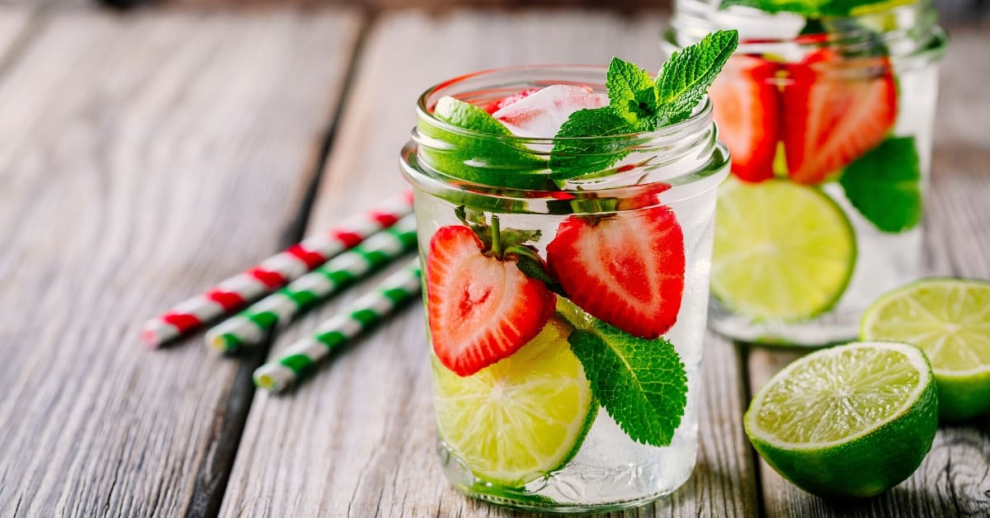As the hot weather continues, opinions are divided between those who love the heat and those who loathe it. However, if you’re struggling in the scorching temperatures, it could be a sign of dehydration.
Acknowledging that many individuals fail to consume adequate amounts of water, nutritionist Annie McDermot sat down with Hot Tub Lodges to discuss the best and worst food and drink choices to stay hydrated during the hot weather.
Watermelon, with its high water content of 92%, emerged as an excellent option to increase fluid intake through food. Annie explained, “High temperatures and excessive sweating can make you become dehydrated fast, which can lead to constipation, fatigue, and headaches. The good news is that you can eat fruit and vegetables with water content greater than 80% to increase your daily water intake. Watermelon has a water content of 92%, making it a great choice of snack to keep your body hydrated.”
Tomatoes, boasting a water content of 95%, also made the list of recommended summer foods. Annie clarified, “You may think of a tomato as a vegetable, but they are a fruit with the highest water content. A medium-sized tomato can provide roughly half a cup of water. Additionally, due to their high water content, tomatoes contribute to a low-calorie diet. While tomatoes are a great food to consume during the summer, you should avoid sugary and salty tomato-based sauces, which are common in pizza and pasta sauces.”
Berries, particularly those with a water content of 80% and above, were highlighted as beneficial for hydration. Blueberries at 85%, raspberries at 87%, and strawberries at 92% are all excellent fruits to prevent dehydration. Annie recommended, “Berries on their own are a great snack to eat this summer, but you can also add them to your water to make it more interesting as well as to help double up on your hydration.”
Contrary to popular belief, milk emerged as a surprisingly hydrating beverage due to its nutrient composition. Annie explained, “Milk is more hydrating than water because of the nutrient composition. Milk has fats and proteins that slow the emptying process of fluids in the stomach, allowing the hydration process to happen over a longer period.”
While it may seem like any liquid can combat dehydration, some drinks can cause more water loss than intake. Annie cautioned against the consumption of certain beverages during hot weather:
Pop, a popular choice for refreshment, often contains caffeine, which increases urine production. Annie clarified, “While some research on caffeinated drinks may suggest that the fluid in caffeinated drinks balances out the water lost because of the diuretic effect, it’s always safer to be cautious.”
Alcohol, although tempting during beautiful weather, inhibits the production of a hormone called Vasopressin, which is responsible for decreasing water excretion and reabsorption in the body. Annie warned, “Combining alcohol and heat can be very dangerous as you can easily get dehydrated. Dehydration can start with you feeling thirsty, dizzy, and tired but can be far more serious and lead to confusion and seizures.”
Energy drinks, despite their marketing allure, were deemed unsuitable for hydration in hot weather. Annie advised, “Energy drinks are filled with sugars, caffeine, and other chemicals that make them a bad choice for hydration in this heat.”
As the summer heat persists, staying hydrated becomes essential. Consider incorporating high-water-content foods such as watermelon, tomatoes, and berries into your diet, and opt for hydrating beverages like milk while avoiding soda, alcohol, and energy drinks to ensure your body remains properly hydrated in the scorching weather.

















